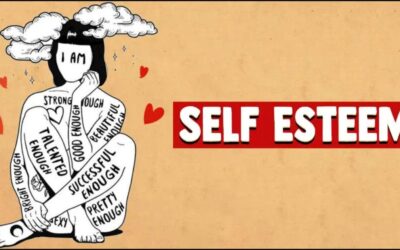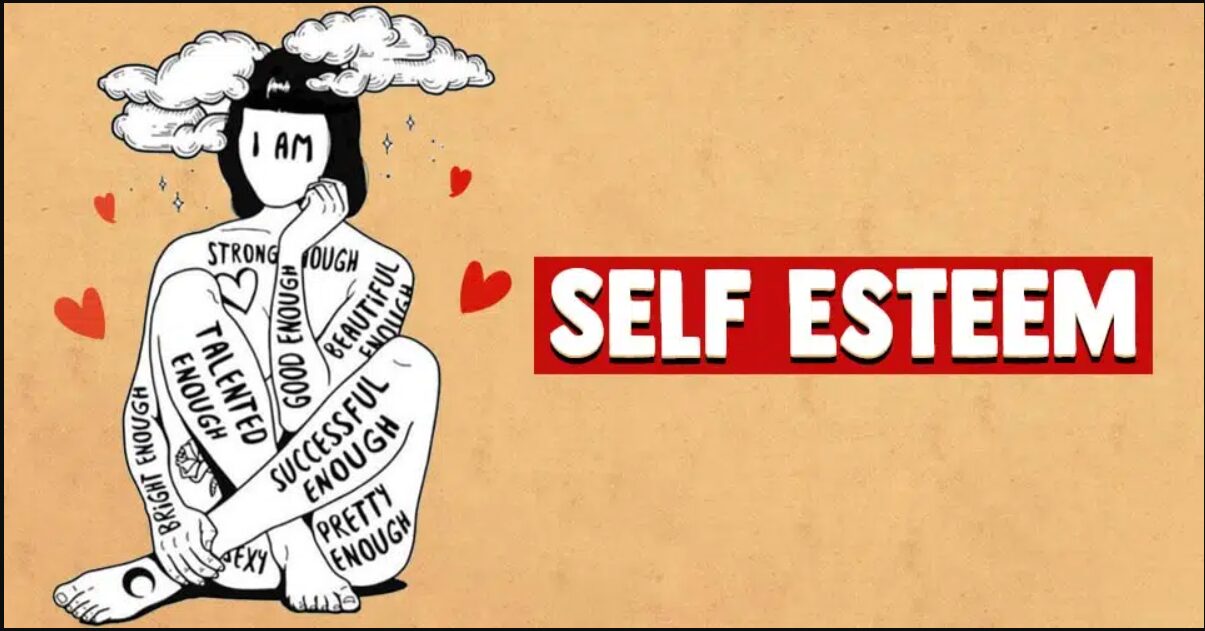Exploring the Hidden Side of Life: Unveiling the South Sudanese Experience in Nairobi and Beyond

In the county of Nairobi, amidst the hustle and bustle of cosmopolitan life, lies a community with a unique story to tell—the South Sudanese. Theirs is a narrative of resilience, community support, and economic intricacies that often go unnoticed. Let’s peel back the layers and delve into the hidden side of life for the South Sudanese, both in Nairobi and beyond
Nairobi, like many cities in East Africa, is home to a diverse population, including a significant number of South Sudanese. However, what sets this community apart is its presence not only in urban centers but also in refugee camps. This dual existence sheds light on the challenges and opportunities faced by the South Sudanese diaspora
Economic Realities and Family Dynamics
The economic landscape for South Sudanese families is complex. While some individuals may find success, the burden of responsibility often falls heavily on the shoulders of those supporting their families. The concept of family extends beyond nuclear boundaries, with relatives relying on one another for financial support.<br>
Despite the strong sense of familial support, there are challenges in money management within South Sudanese communities. With limited resources, decisions about how to allocate funds become crucial. While some families may invest or save wisely, others may struggle to make ends meet, leading to a cycle of dependence and financial instability
Cultural Perspectives on Wealth and Providence
Cultural beliefs and philosophies shape the mindset of the South Sudanese community, influencing attitudes towards wealth and provision. Sayings such as "we live for today; God will provide tomorrow" reflect a belief in divine providence but may also contribute to a lack of long-term financial planning
Moving Beyond Comfort Zones
In a rapidly changing world, there is a growing need to move beyond comfort zones and embrace financial literacy and entrepreneurship. By investing in education, training, and sustainable businesses, South Sudanese families can break the cycle of dependency and build a brighter future for themselves and future generations.<br>.
In conclusion, the South Sudanese experience in Nairobi and beyond is multifaceted, encompassing both challenges and opportunities. While familial support and cultural values play a significant role in community resilience, there is also a need for greater economic empowerment and financial education. By addressing these issues, the South Sudanese community can chart a path towards prosperity and self-reliance.
Frequently Asked Questions (FAQs)
The presence of South Sudanese in Nairobi is influenced by various factors, including economic opportunities, political instability in their home country, and access to education and healthcare in urban centers.
South Sudanese families often rely on support from relatives and community networks to manage their finances. However, there are also challenges in allocating limited resources effectively, leading to cycles of dependence and instability.
Cultural beliefs such as reliance on divine providence and a focus on the present moment influence the South Sudanese perspective on wealth and provision, impacting financial decision-making and long-term planning.
Empowering South Sudanese communities economically involves investing in education, vocational training, and entrepreneurship programs. By providing access to resources and opportunities, individuals can break the cycle of dependency and build sustainable livelihoods
Individuals outside the South Sudanese community can support economic empowerment efforts by advocating for policies that promote financial inclusion, supporting local businesses run by South Sudanese entrepreneurs, and providing mentorship and resources for skill development and entrepreneurship.











